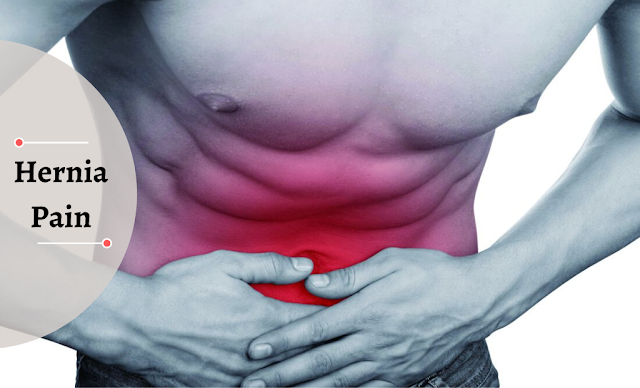A hernia can be seen as a localized bulge in the stomach or groin area. It usually harmless and painless, however, some may give restricted indi
A hernia can be seen as a localized bulge in the stomach or groin area. It usually harmless and painless, however, some may give restricted indications and thus require treatment.
A muscular wall keeps the stomach organs in place. Weakness in the wall may lead to swelling of organs causing a hernia. The herniated mass juts outside the stomach area which can be pushed into the abdominal cavity with the assistance of minor pressure or it might disappear by itself when the patient lies down, notwithstanding, any activity like, sneezing, coughing, lifting weight or anything that augments Intraabdominal pressure can make it return.
There are various kinds of hernia which affect different age groups and may develop along with the different sort of health conditions. There’s no exact reason for most of the types of hernia, aside from incisional hernia. The chances of occurrence of hernia increase with age as muscles tend to lose their tone and turn out to be more complex.
A hernia is a common health issue in today’s world. Numerous individuals choose hernia surgery to fix the protruded area.
Males are more likely to develop hernia as compared to females. Children may have a hernia which can either be present right from birth or may develop because of weak abdominal muscles.
Types of Hernia
An inguinal hernia is more common among males with the protrusion found in the groin which may reach out up to the scrotum. It is progressively normal among aged males, chronic smokers, individuals with the past history of inguinal hernia, positive family history of hernia and individuals involved with lifting excessive heavyweight.
Another type of hernia called hiatus hernia, develops when the stomach protrudes into the chest cavity through an opening in the stomach.
An umbilical hernia shows up more commonly in children. Babies born prematurely or those having too much low birth weight are likely to develop an umbilical hernia. Adult females who have undergone multiple pregnancies and are obese are likewise at a higher risk of suffering from an umbilical hernia.
Some patients who have undergone abdominal surgery in the past may experience organs or tissues protruding through the site of incision, this is called incisional hernia.
An immediate medical intervention must be sought in case of an inguinal hernia which shows sudden indications of growth, pain, nausea, vomiting and excessive agony.
The kind of medical procedure required for the most part relies on the location and the size of the herniated mass. The two ordinarily performed procedures are open surgery or laparoscopic surgery.
Some lifestyle changes might be advised in a few types of hernia, for instance, in hiatus hernia, the laparoscopic surgeon will advise you not to lie down after meals, stay away from spicy food alcohol.
Visit Dr. Sunil D. Popat, the best gastroenterologist and laparoscopic surgeon in Ahmedabad at Nidhi Hospital become familiar with this condition and treatment option. Book your appointment today!


COMMENTS